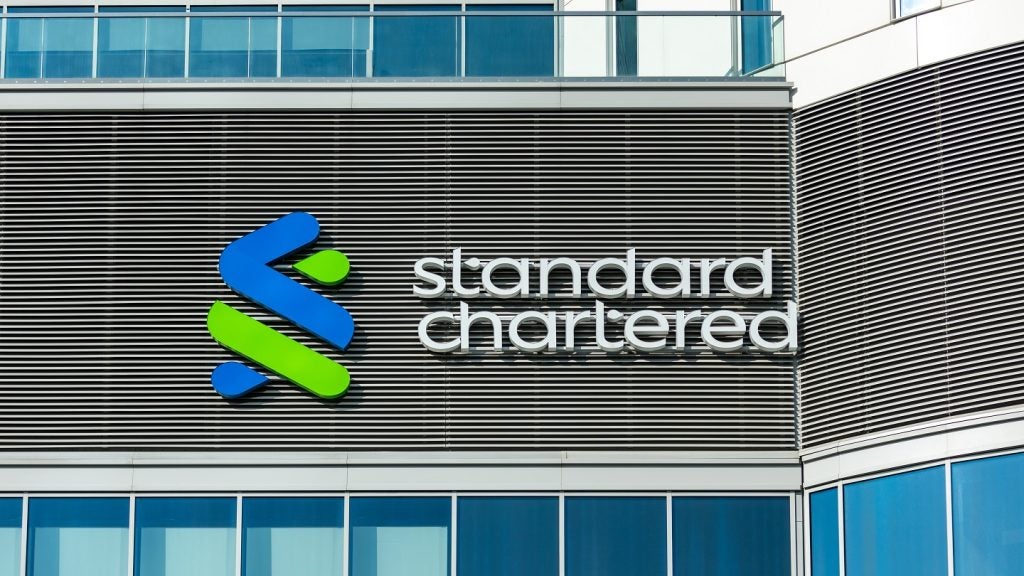
Family Offices Planning for the Future: Strategies
Family office investors are not holding onto cash in 2023. Instead, they are taking on more risk by investing in public and private equities and adding some fixed income exposure to potentially earn higher rates. Anika Sidhika writes
This is according to Goldman Sachs and its family office investment insights report. The bank surveyed 166 institutional family offices with a net worth of at least $500m, with the majority having at least $1bn, between January 17 and February 23 2023.
“With the flexibility to invest across the risk spectrum, family offices have maintained a largely consistent approach to more aggressive allocations as they seek superior returns,” said Meena Flynn, co-head of global private wealth management and co-lead of one Goldman Sachs family office initiative.
“Planned risk-on allocations tell us they see strong opportunities to capture added alpha. This patient, strategic, long-term orientation is often an advantage in managing and preserving generational wealth.”
| Averages of family offices allocations to risk assets in 2023 | |
| Risk Asset | Average allocation (%) |
| public market equities | 28% |
| private equity | 26% |
| cash/cash equivalents (excluding U.S. Treasuries) | 12% |
| fixed income | 10% |
| private real estate and infrastructure | 9% |
| hedge funds | 6% |
| private credit | 3% |
| commodities | 1% |
According to the survey, 35% of respondents plan to reduce their cash holdings, while only 10% plan to reduce their public market equities and 13% plan to reduce their private equities.
Most family offices invest through specialised managers except for private real estate, where ultra-high net worth families prefer to invest directly.
The majority of family offices are satisfied with their current investments in developed markets, particularly in the US.
A significant number of them plan to increase their investments in the US and other developed markets rather than taking risks in regions with higher perceived risks.
“Family offices continue to carry meaningful allocations to alternatives, including private equity, private credit, infrastructure, real estate and hedge funds,” said Tony Pasquariello, global head of hedge fund coverage and co-lead of One Goldman Sachs family office initiative.
“In a comprehensive survey we conducted in 2021, on average 45% was allocated to the alternatives bucket. Despite the challenges of 2022, in our most recent survey period, that allocation was virtually unchanged at 44%.”
“More broadly, considering the volatility and challenges of the past year, family offices have remained notably calm and their strategic asset allocations have changed only modestly,” Pasquariello added.
Allocations to alternatives
Family offices continue to emphasise alternatives, with an average allocation of 44% of their portfolio to alternative asset classes, while other ultra-high net worth individuals typically allocate 20-25% depending on their risk tolerance.
This discusses how family offices have high expectations for returns, are knowledgeable about investing, and plan to invest across multiple generations.
It also suggests that family offices will play a larger role in investing in private markets, as limited partners, and direct co-investors.
“You cannot avoid bad cycles, but by being consistent in your commitments, you will not miss the great cycles, and over time you should achieve the outperformance alternatives can deliver,” said Sara Naison-Tarajano, global head of private wealth management capital markets and co-lead of One Goldman Sachs family office initiative.
“In the past, steady economic growth led to relatively predictable outcomes. With private market valuations under pressure and a slowdown in public listings, managers’ experience, and abilities to drive value and navigate market cycles will be crucial.”
Family offices find residential real estate appealing, as approximately one-third of them plan to increase their investment in this sub-sector in the next year, while 30% aim to maintain their current investment.
Though, commercial real estate, especially office and retail, is not as attractive, as only a small percentage of family offices (7% and 4%, respectively) plan to increase their investment in these sectors, while a larger percentage (12% and 10%, respectively) aim to decrease their investment.
A significant percentage of family offices invest in collectibles, with passion being the primary driving factor.
The most popular collectibles are art, wine, and aircraft, with some investors seeking diversification or trophies.
While family offices currently only allocate 3% of their portfolio to private credit, 30% of respondents plan to increase their allocation in the next year.
“Following the Global Financial Crisis, banks pulled back from direct lending activity, and there is growing interest from family offices to fill this gap as private lenders,” added Tarajano.
“Private credit is even more attractive in today’s environment given rising interest rates along with the quiet traditional financing markets across high yield and syndicated loan markets.”
Crypto and digital assets
In 2021, more family offices were invested in cryptocurrencies than before, with 26% invested compared to 16%.
However, only 12% showed interest in investing in the future, a significant decrease from the 45% previously interested.
This decrease may be related to the high volatility of the crypto market in the past year, as 62% of family offices reported being neither invested in nor interested in crypto in the future, up from 39%.
The digital assets ecosystem is a significant area of interest, particularly for family offices. 32% of family offices have invested in digital assets, with the most common reason being their trust in the potential of blockchain technology.
Sustainable investments
A considerable number of family offices show a keen interest in sustainable strategies and invest directly in companies with social and environmental impacts. The most favoured theme is clean energy, followed by sustainable food and agriculture and accessible health care. Around 60% of family offices are expected to invest in clean energy in the next year.
Operating businesses
A global survey found that 76% of family offices support families with operating businesses, and 44% of family office decision makers remain involved with those businesses. Within that group, 35% intend to hold the business for an extended period, beyond the usual five- to seven-year expectation of institutional investors.
“While some families may separate family office and family business activities, clients often view them as a united complex,” said Ken Hirsch, co-chairman of the global technology, media, and telecom group, within global banking and markets and co-lead of One Goldman Sachs family office initiative.
“Clients often leverage the family office for the benefit of their operating businesses in ways such as providing growth capital at attractive entry points or using family office assets to generate borrowing capacity for existing or new operating business activities,” Hirsch stated.
The survey found that 56% of those involved in operating businesses would sell if the valuation was attractive.
Family offices prefer to sell to strategic or corporate buyers (42%) or institutions (22%) who are perceived to offer a premium valuation.
Only 11% of family offices prefer to sell to another family, despite one-third indicating that investing in family-owned businesses is important to them.
The survey suggests that many are motivated by valuation.
“We often see family offices emerge as preferred buyers in situations where the seller may value the added layer of privacy they bring, or the sense of legacy associated with family offices,” added Hirsch.
“In periods of challenging market dynamics, family offices continue to stand out for their stable pools of capital, long-term investment horizons, and ability to be very efficient decision makers and creative solution partners.”
Operations and structure
About 48% of family offices surveyed support the person who originally created the wealth. The majority (61%) said that the next generation does not have an impact on investment strategy.
“The expected wealth transfer and changing dynamics in wealth creation are leading to a fundamental shift in the preferences of investors,” said Flynn.
“Involving the next generation in financial matters early and often will equip them with the knowledge, resources and tools to be responsible stewards of family wealth for the long term.”
Most family offices have small investment teams of 10 or fewer employees, and the majority (90%) have their own investment management capabilities. Almost half (49%) manage the majority of their investments in-house, while 44% use a combination of in-house and outsourcing.
“Institutional family offices have become critical players in both public and private markets and have complex and bespoke needs. At Goldman Sachs, our approach is to place these clients at the centre of everything we do, bringing-to-bear the world class intellectual capital and expertise that we uniquely have across all our businesses.’’
‘’We believe this integrated approach drives a more comprehensive experience for these clients, which they find especially important,” concluded Kim Posnett, head of global technology, media, and telecommunications (TMT) investment banking at Goldman Sachs and co-head of One Goldman Sachs.







